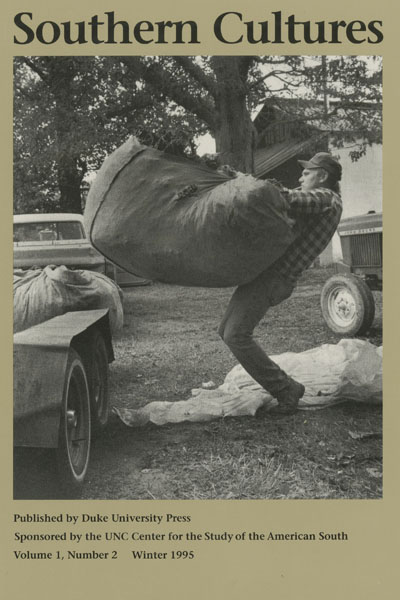University of Kentucky Press, 1993.
Labor organizing in the South has had a long and eventful, although not particularly successful, history. Early writers about the region tended to blame this failure on the workers, depicting them as docile and obedient. This was especially the case in the textile industry, where northern union leaders often cited southern workers’ acceptance of nonadversarial relationships within a system of paternalistic management. Many contemporary historians and social scientists have challenged this image of southern millhands, suggesting that the power and resistance of industry executives have probably played a greater role. They point to the fact that much of the industry migrated from the North in order to escape from unions, and once relocated, continued efforts to resist them.


